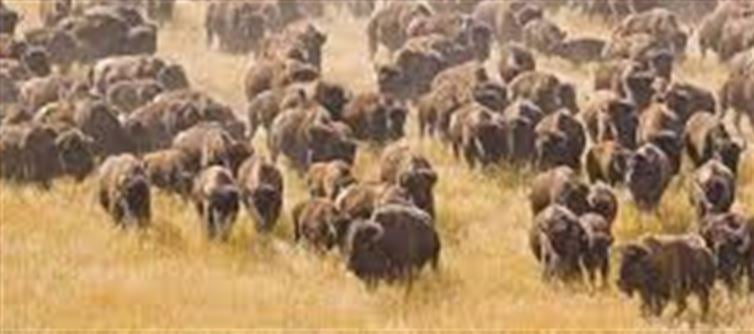Wednesday brought a danger alert for Russia,
japan and America. An earthquake of 8.8 magnitude was felt in the morning in Kamchatka, the far eastern region of Russia. It shook not only the far eastern areas of Russia. After this, a
tsunami warning was issued in many countries including
japan and America. Now the terrible waves of
tsunami in
japan have scared everyone. Apart from
japan, an alert has been issued in America. According to this alert, waves up to 3 meters high can rise. But you must have often heard that before natural disasters like earthquake or
tsunami, animals start behaving strangely. They get a sense of natural disaster, let's know how.
How do animals get to know?
Elephants, buffaloes,
dogs and many other animals get a sense of these disasters before humans. But the question is how do animals come to know about these natural disasters? Experts say that before an earthquake, some such waves arise which humans may not understand but animals can sense the danger. Because the senses of animals are much more sensitive than humans. These senses help them to quickly catch the small changes in the environment. Whether it is a slight vibration of the earth or a change in
air pressure. Animals sense them immediately.
Animals that sense
Dogs are considered to be very alert animals. It is claimed that
dogs can sense the subtle vibrations on the surface of the earth beforehand. This is the reason why they try to run away and bark loudly. Apart from
dogs, elephants also sense the disaster. Elephants sense the danger of
tsunami very quickly and start running away from coastal areas. Snakes also sense the movement of the earth and start running here and there.
fishes sense the danger of flood or
tsunami due to which they start swimming fast. Birds also sense the natural calamity before it arrives. During this time, they behave abnormally and start flying together. Not only this, even cattle like cows and buffaloes sense the disaster beforehand. You must have often seen them running restlessly during bad weather.






















